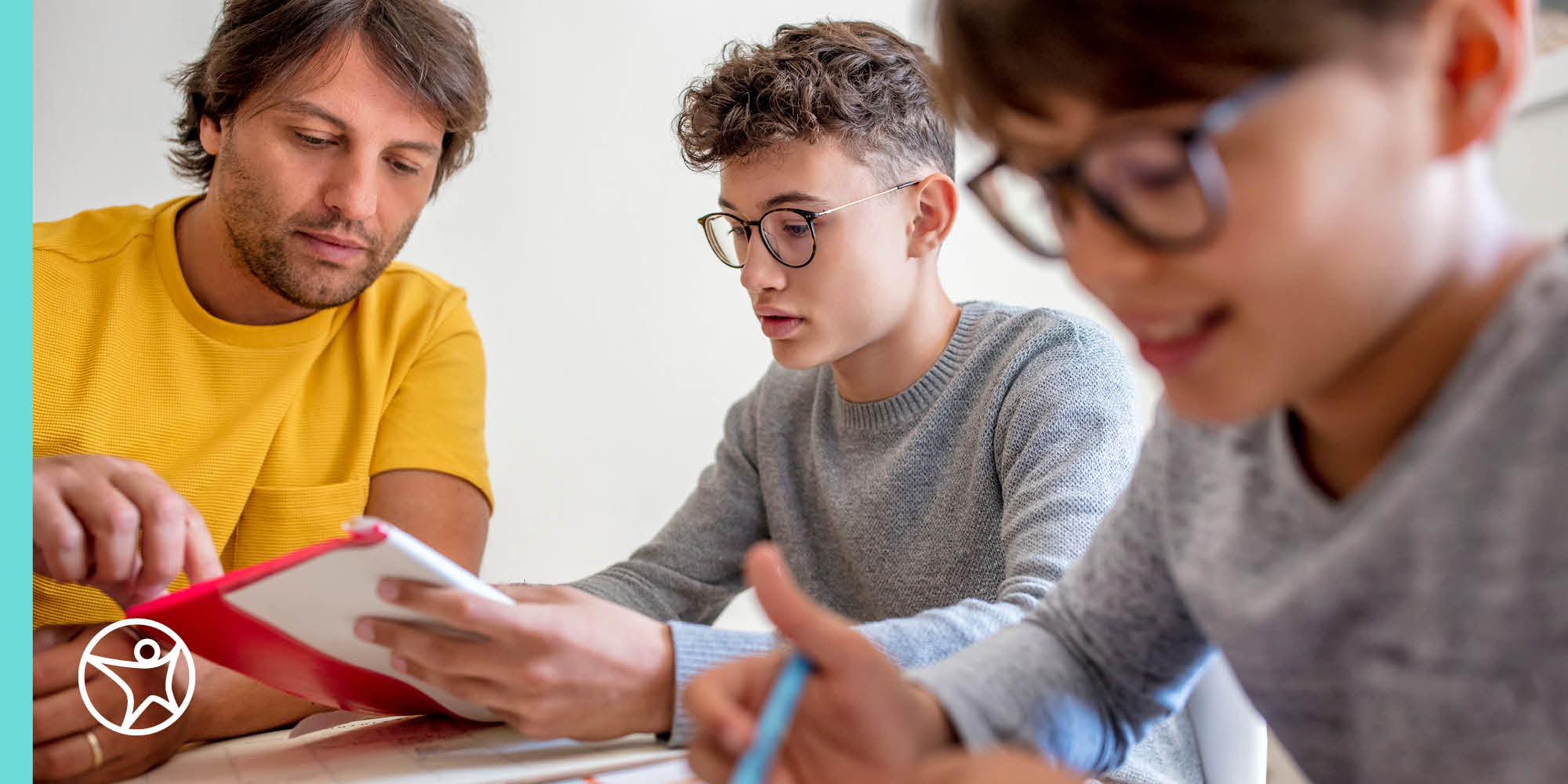6 Ways Online Students Can Socialize Outside of the Classroom
by Phoebe Brown
byMorgan Champion
4 min to readWhile a robust academic curriculum is important for your child, there are other skills that factor into a student’s success both in school and in life. For a child to be successful and thrive, learning and understanding key social emotional wellness behaviors such as coping, managing emotions through gratitude, or adjusting one’s mindset based on what they can control, are critical for student well-being.
Social emotional wellness is a person’s ability to understand and manage their emotions, make responsible decisions, build and maintain relationships, and understand and empathize with others. These skills help young people and adults to achieve their goals, develop healthy identities, and manage emotions.
As we strive to normalize mental health conversations and support the whole student—not just academically, but socially and emotionally, Connections Academy developed tips on how you can improve your child’s social and emotional wellbeing.
Helping students and children develop coping skills for stress, anxiety, anger, and other unpleasant emotions can set them up for positive emotional regulation in the long-term. Consider these simple activities that can help children develop coping skills, along with being fun:
Research proves that gratitude has the ability to positively impact the brain and wellbeing. At the start or conclusion of each day, have your child write at least three things they are grateful for and encourage them to discuss with family or friends.
By creating life lessons out of the present times to foster your child’s ability to adapt and change, these social and emotional wellbeing skills will help foster your child’s ability to adapt and change far into the future. A lack of social and emotional well-being in a student can make it hard for them to find success later in life.
Connections Academy knows just how important these life skills are to developing confident and capable adults, so our learning experience is designed with that in mind and tailored to supporting each student’s individual needs. Find out if virtual school is right for your child – take our online quiz today!

Morgan Champion is the Manager of Counseling for Connections Academy Schools. In her role, she supports counselors across the country to implement best practices within their schools related to academic, social/emotional, and college and career readiness. As a previous school administrator, counselor, and teacher, Morgan is passionate about helping students develop skills to be resilient while supporting parents in fostering these traits in their children.
